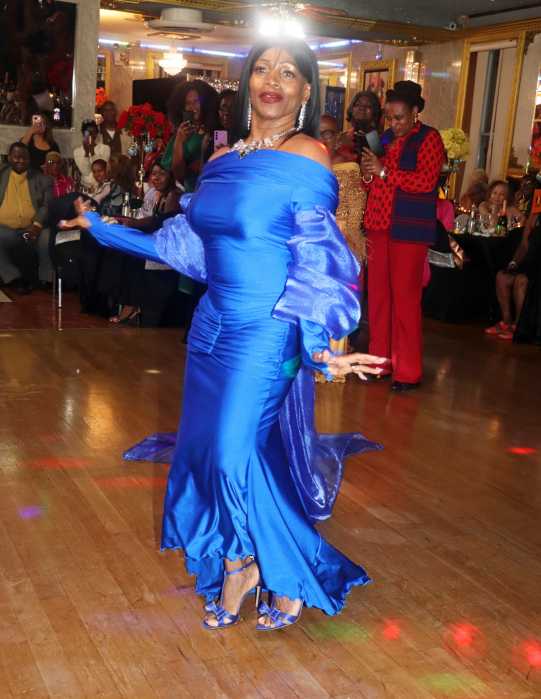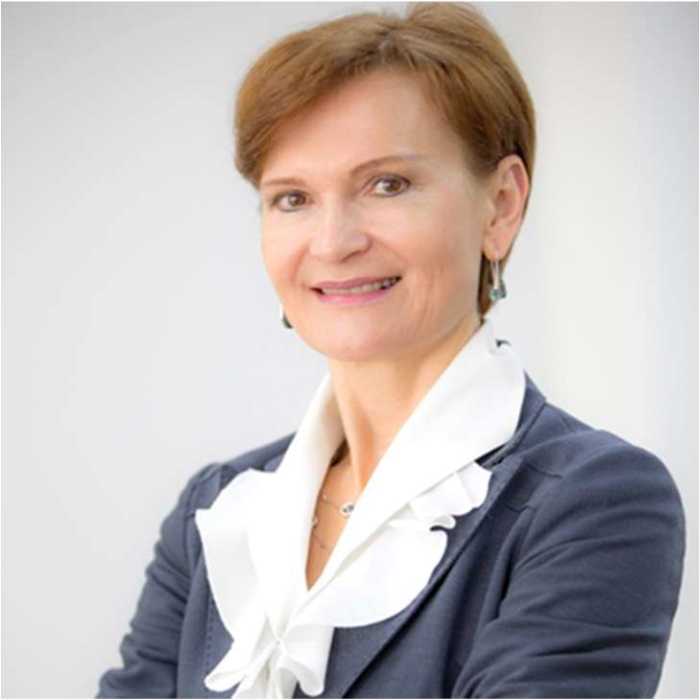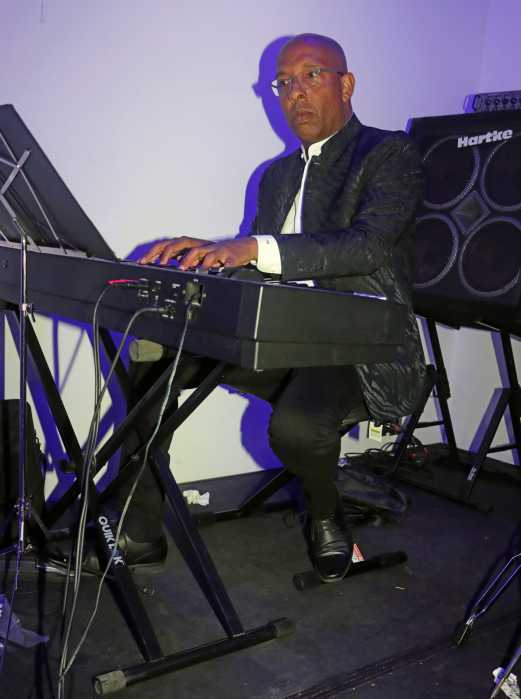St. Vincent and the Grenadines’ Prime Minister Dr. Ralph E. Gonsalves says the nation is still pursuing its “ambitious” bid for a non-permanent seat on the United Nations Security Council.
“It’s still on the agenda, and we’re pursuing it,” Gonsalves told Caribbean Life in an exclusive interview last Tuesday while on a brief visit to New York. “It’s something that’s pretty ambitious.”
The Vincentian leader said there is dire need for a Small Island Developing State (SIDS) to sit on the Council “to assist with the articulation of issues, such as climate change.”
“It’s a matter that we’re pursuing very, very much,” said Gonsalves, adding that the nation’s pursuit is done through the Alliance of Small Island States (AOSIS) and SIDS DOCK.
AOSIS is a coalition of small island and low-lying coastal countries that share similar development challenges and concerns about the environment, especially their vulnerability to the adverse effects of global climate change. It functions primarily as an ad hoc lobby and negotiating voice for SIDS within the United Nations system.
AOSIS said it has a membership of 44 states and observers, drawn from all oceans and regions of the world: Africa, Caribbean, Indian Ocean, Mediterranean, Pacific and South China Sea. Thirty-nine are members of the United Nations, close to 28 percent of developing countries, and 20 percent of the UN’s total membership. Together, SIDS communities constitute some five percent of the global population.
SIDS DOCK is an initiative among AOSIS member-countries, providing SIDS with a collective institutional mechanism to assist them transform their national energy sectors into a catalyst for sustainable economic development and help generate financial resources to address adaptation to climate change.
It is called SIDS DOCK because it is designed as a “DOCKing station,” to connect the energy sector in SIDS with the global market for finance, sustainable energy technologies and with the European Union (EU) and the United States (US) carbon markets, and able to trade the avoided carbon emissions in those markets. Estimates place the potential value of the US and EU markets between USD 100 to 400 billion annually.
According to the Caribbean Community (CARICOM) Secretariat, in December 2010, in Cancun, Mexico, SIDS DOCK was launched with four partners: The United Nations Development Program (UNDP), the World Bank, AOSIS and the Government of Denmark, which announced a grant of US$14.5 million in start-up contributions.
On Dec. 8, 2011, the SIDS DOCK Steering Committee designated Belize as the host country for the SIDS DOCK Secretariat.
Gonsalves said he had led the UN when SIDS Dock was launched.
“We worked with the global environmental fund, we worked with several agencies all over the world,” he said. “There are big issues. We in the Caribbean need to push to deal with mitigation.
“We have to push for the mitigation (of 2 degrees Celsius above pre-industrial levels),” Gonsalves added. “But we have to make sure countries, like us, get the necessary adaptation monies.”
Elections for the 2020 non-permanent Security Council seat that St. Vincent and the Grenadines seeks take place a year earlier, the prime minister said.
Under the UN Charter, the Security Council has primary responsibility for the maintenance of international peace and security.
The Council has 15 members, with each having one vote. The five permanent members are: China, France, Russian Federation, the United Kingdom and the United States.
The current remaining 10 non-permanent members, elected for two-year terms by the UN General Assembly, with end of term date, are: Angola (2016); Egypt (2017); Japan (2017); Malaysia (2016); New Zealand (2016); Senegal (2017); Spain (2016); Ukraine (2017); Uruguay (2017); Venezuela (Bolivarian Republic of) (2016).
According to the UN Charter, all member-states are obligated to comply with Council decisions.

























